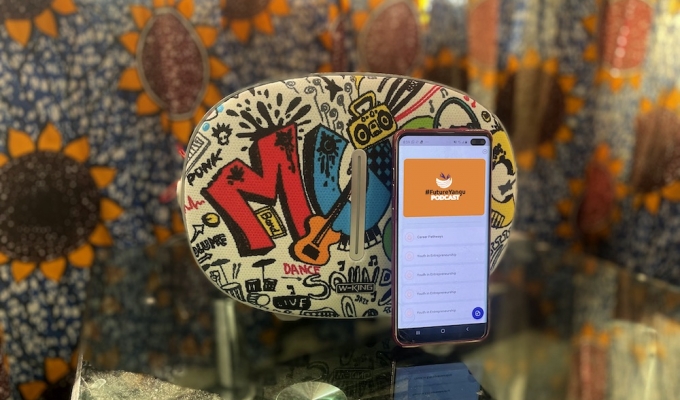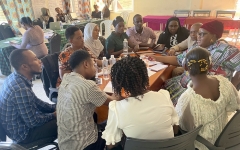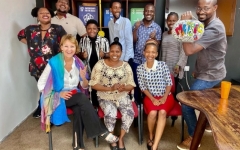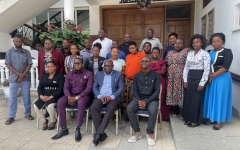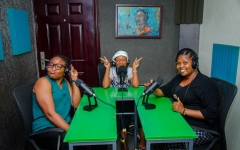Episode 1. Introduction to the career guidance and cancelling program | Kuhusu #FutureYangu Podcast
The #FutureYangu podcast opener, kicks off this career guidance and counselling program, a ‘work readiness’ learning journey for secondary school students by first introducing the presenters, Nasma and Anti Maina. They will share their brief testimonials about how they navigated through school, got their Form 4 Certificate, the ‘ticket’ to education pathways into the world of work. The presenters then describe the main objective of the podcast series, the different segments, the delivery style and what to expect from different episodes.
In the drama segment, students will also meet Kim and Kish, secondary school students. Their characters will follow them through the #FututreYangu series, and they will be voicing concerns and challenges of youth moving through the Tanzanian school system as they frame their aspirations and envision a future for themselves. The presenters will also share information about activities, deliverables, and the Certificates of Work Readiness which will be provided with the #FutureYangu program.
The activity of this first episode is designed to orient users on how to download and navigate through the #Future Yangu mobile application in order to access the podcast episodes and other learning materials.
